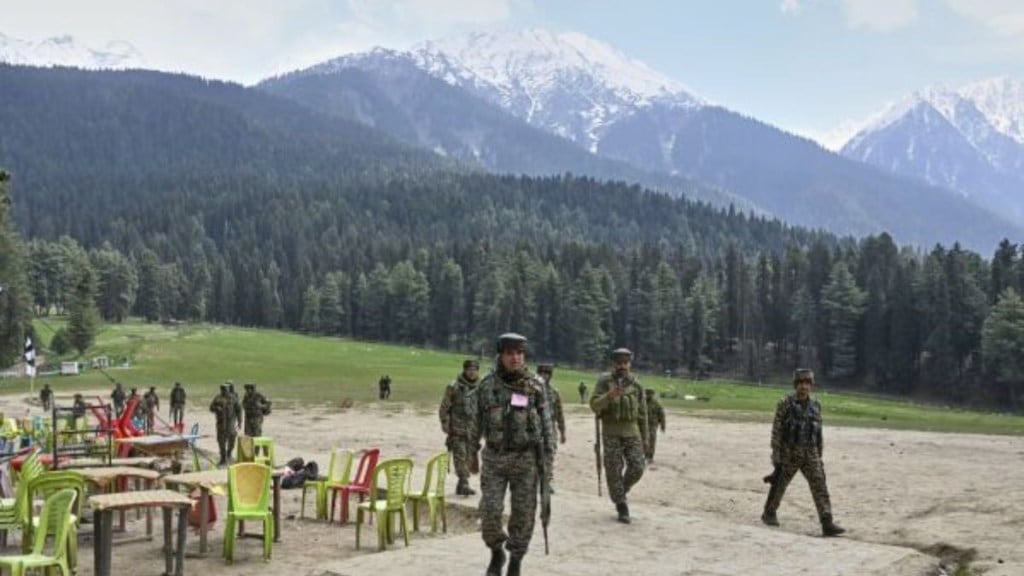A diplomatic showdown between India and Pakistan has intensified following the Pahalgam terror attack in Kashmir that claimed 26 lives, mostly tourists. India has launched a series of diplomatic and strategic measures, accusing Pakistan of supporting cross-border terrorism. In a retaliatory move, Pakistan’s National Security Committee (NSC), chaired by Prime Minister Shehbaz Sharif, announced sweeping countermeasures on Thursday (April 24).
India holds Pakistan responsible for the deadly assault in Pahalgam, alleging cross-border links despite no public disclosure of evidence so far. Pakistan, meanwhile, has denied any involvement and warned that any “kinetic action” by India would provoke a reciprocal response. Pakistan’s PMO in its release said, “India must resist the temptation to exploit such tragic incidents to its advantage and take full responsibility for its failure to provide security to the people.”
Here’s a quick cheat sheet of the unfolding developments:
Pakistan Cancels Indian Visas: Islamabad announced the cancellation of all visas issued to Indian nationals and halted any new visa processing with immediate effect.
Airspace Closure: Pakistani airspace has been blocked for all Indian-owned or Indian-operated airlines, disrupting major flight routes.
Trade Suspended: All trade between India and Pakistan, including transit trade via third countries, has been suspended.
Wagah Border Closed: Pakistan shut down the Wagah border crossing, the only functional land route between the two nations, indefinitely.
Diplomatic Expulsions: Both countries agreed to scale down their diplomatic missions. Each will now maintain only 30 personnel in their respective high commissions by May 1, 2025.
Indus Waters Treaty Suspended: India announced suspension of the 1960 Indus Waters Treaty until Pakistan verifiably stops supporting cross-border terrorism. Pakistan has strongly objected, calling the treaty a lifeline for 240 million citizens.
In a strongly worded statement issued by the Prime Minister’s Office, Pakistan has “vehemently rejected” India’s decision to suspend the Indus Waters Treaty, calling it a violation of international law. The treaty, brokered by the World Bank in 1960, is a binding agreement that, according to Pakistan, does not permit unilateral suspension. Terming water a “vital national interest” and the “lifeline for its 240 million citizens,” Pakistan stated that any attempt to obstruct or divert its rightful share of river waters would be deemed an “Act of War.” The PMO asserted that such actions would invite a response with “full force across the complete spectrum of National Power,” underlining the seriousness with which Islamabad views the treaty and its implications on national security.
Furthermore, the Pakistan Prime Minister’s Office announced that Pakistan will place all bilateral agreements with India, including but not limited to the Simla Agreement, in abeyance. This measure will remain in effect until India ceases what Pakistan described as “manifested behaviour”.
Meanwhile, Prime Minister Narendra Modi convened an all-party meeting to brief political leaders on the aftermath of the Pahalgam terror attack and India’s firm response. Defence Minister Rajnath Singh signaled potential military retaliation, asserting that those responsible would be “tracked and punished.” The nation witnessed a wave of candlelight vigils and street protests, particularly in Kashmir and major cities, demanding justice and decisive action. Strategic analysts and global stakeholders are closely monitoring the situation, amid rising fears of escalation between the nuclear-armed neighbors.
